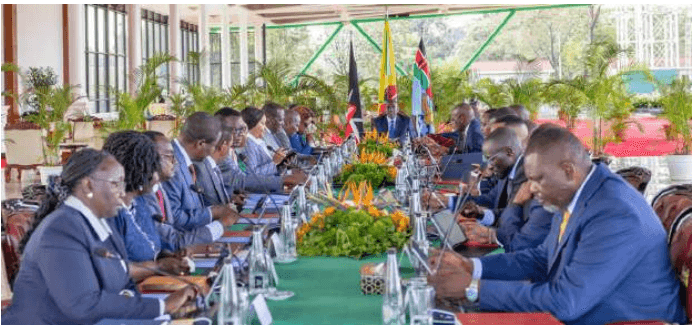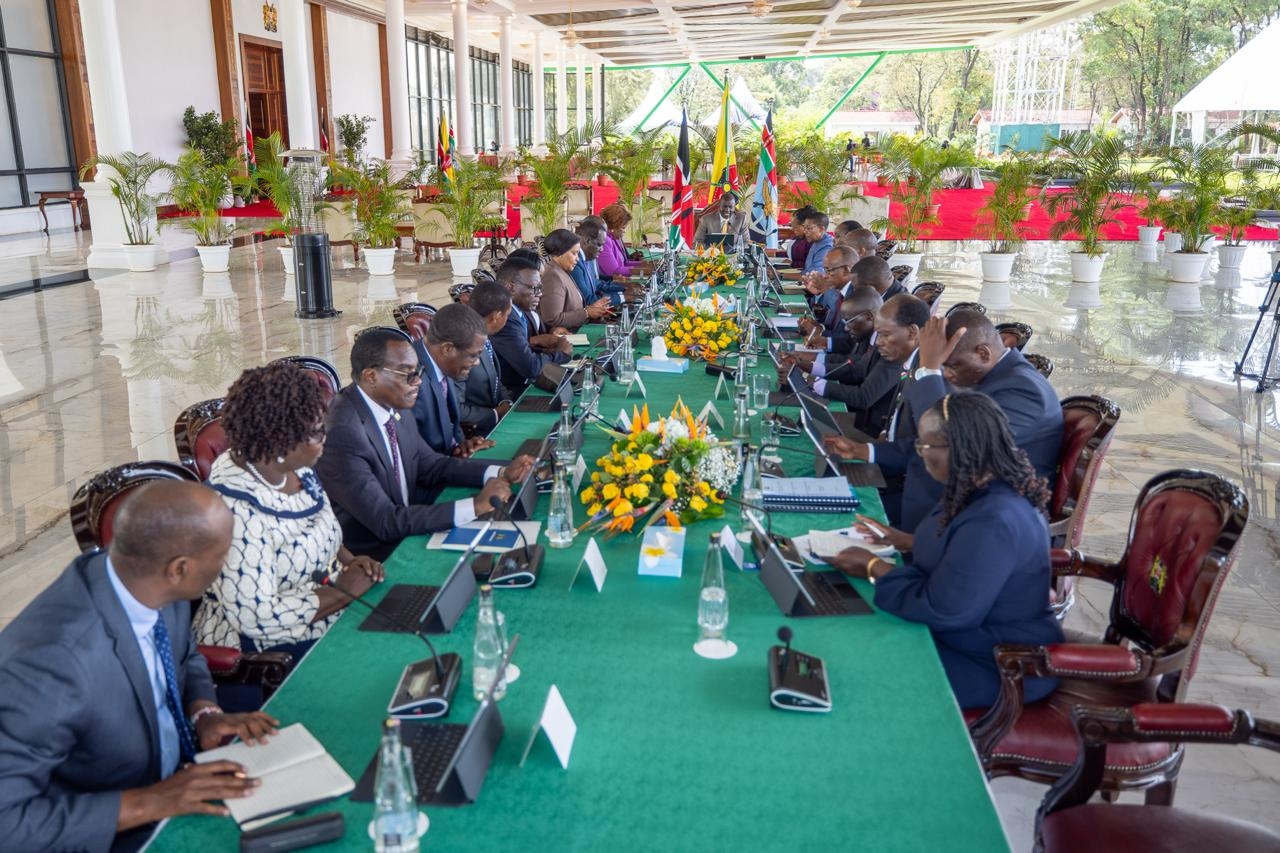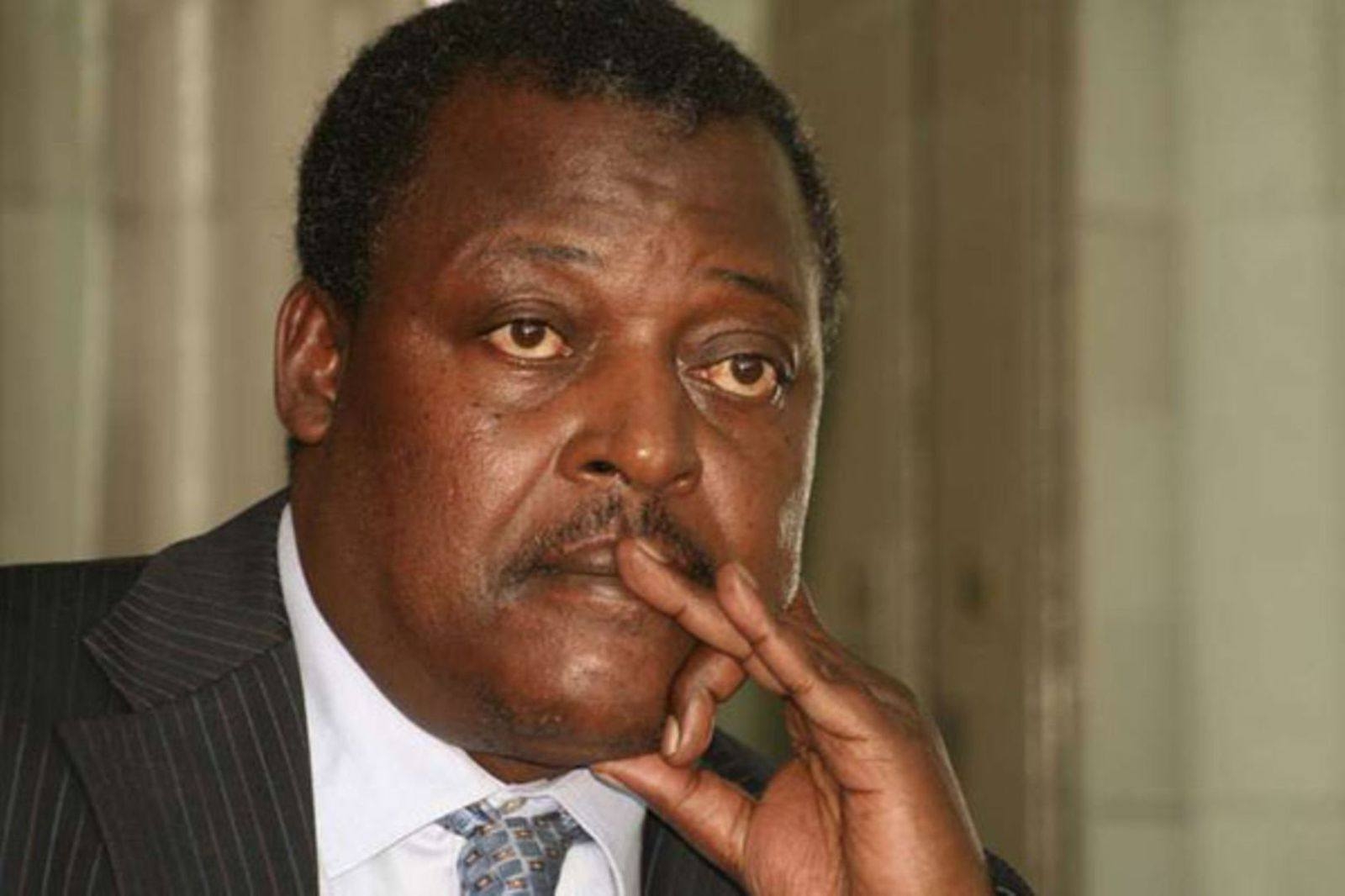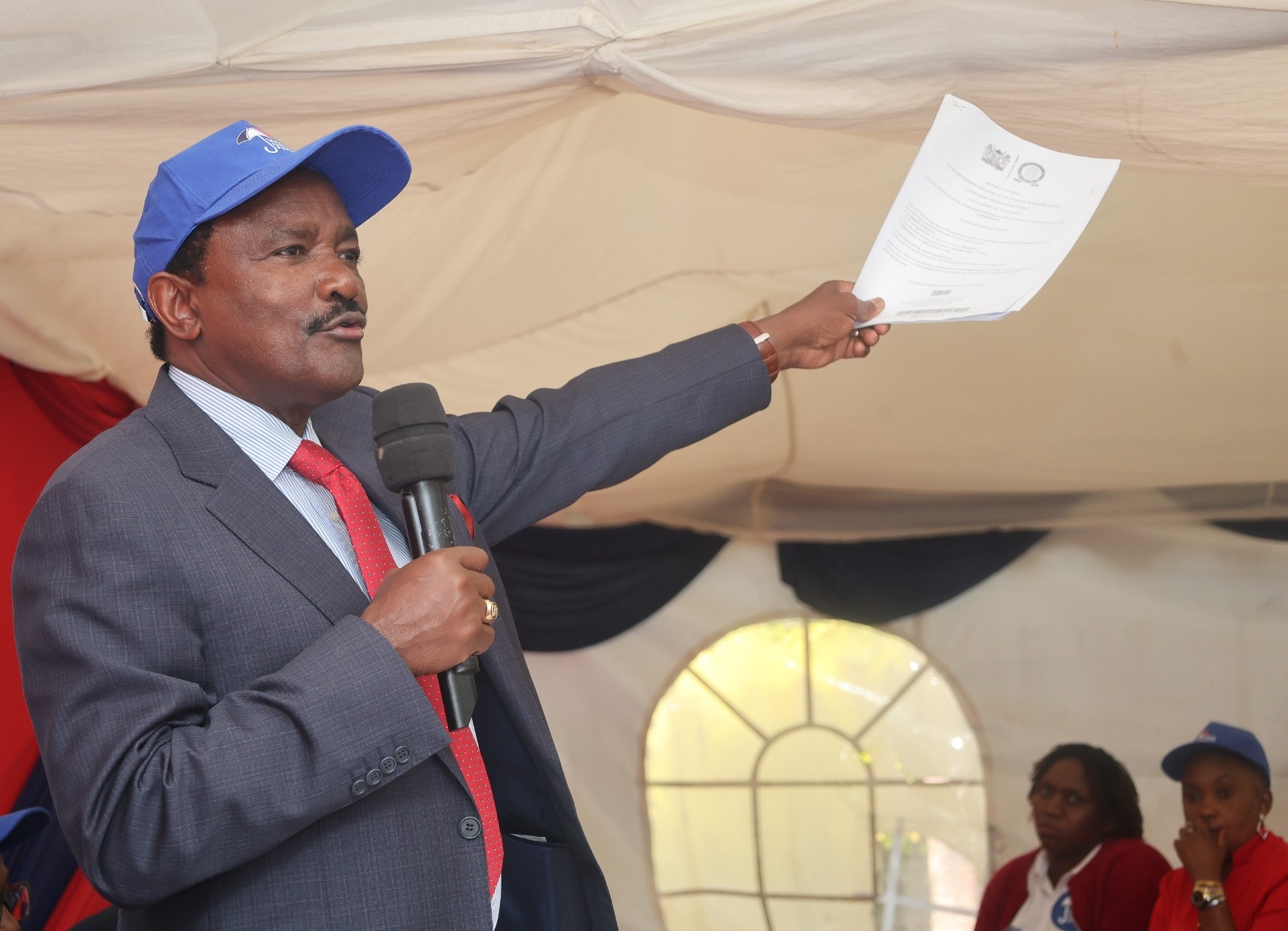Following the rejection of the petition by Kenya to the International Court of Justice (ICJ)for a postponement of the Somalia vs Kenya maritime delimitation case last week on the basis of key points stated in the letter to the ICJ by Kenya’s Attorney General.
With the hearings set to commence in March setting the way for a historic inquiry in the region, the case which has been deferred three times has so far seen Somalia suspiciously get their prayers answered on many occasions raising eyebrows on how the case has been prosecuted so far and the role of former ICJ President (Judge Yusuf) a Somali national in its decisions.
Kenya in the past had raised an alarm of the possible conflict of interest of his party into case whilst being from Somalia, seeking recourse from the Eurocentric court to no avail.
The past few years have however been a period to lay the groundwork for the two legal teams and Kenya especially as it stands accused of shelving its neighbor’s territory off the Indian Ocean coastline by an estimated 150,000 square kilometers.
The disputed triangle is believed to hold large oil and gas deposits despite little or no exploration taken place and some of the most exclusive lucrative fishing grounds.
According to Kenya, the court needed to schedule the case at a time when its legal team could present its evidence in person rather than virtually owing to the complexity in the case including the presentation of key witnesses while Somalia hailed the commencement of the case saying any further delay would “deny” the Horn of African state the justice it needs.
As a son of Africa, I continue to root for an agreement via dialogue, a practice that was practiced by our forefathers for centuries, after all, the communities in Kenya and Somalia bear the same heritage with the same culture and practices. It is a known fact that the Somali community occupies both countries while the Bajuncommunity occupying Lamu County extends to southern Somalia.
Secondly, this is not the first dispute between the two countries with others having been solved amicably including through the help of neighboring states. It is guided by this realization that both countries entered into negotiations leading to the 2009 memorandum of understanding between the Republic of Kenya and the then Transitional Federal Government of the Somali Republic paving the way to further negotiations.
Going forward there is no doubt the case will be heard the ICJ and the legal minds will be in charge of the process going forward. The unfortunate happenstance here is Kenya is being denied the opportunity to a fair trial as stated in the Universal Declaration of Human Rights (1948) (‘UDHR’), become established as one of the fundamental pillars of international law to protect individuals, nations and organizations against arbitrary treatment.
This said I believe there are more pressing needs that should be given priority to by both parties that would allow a more desirable outcome when the court rules. Notably, this case was filed by Somalia after disowning the 2009 MoU overseen by the previous Prime Minister Omar Abdirashid Ali Shamarke, Somalia is a country in transition with a new President and parliament is expected in office in the coming months.
While the Farmajo leadership can somewhat be argued to be illegitimate, as his term having lapsed on February 8, 2021, the new government may be willing to come back to the table opening a new path for negotiations.
That said the instability of offices such as the Prime Minister offices, wherein average most bearers have lasted less than one year, makes any agreements shaky and unlikely to be followed through as was the case in the previous MoU.
Further with the election of President Biden to the White House, there is expected to be a policy change towards Somalia with the administration likely to make an input on the issue. Whereas President Trump had intended to pull out US security personnel from the troubled country, there is the hope of a rethinking of this strategy. Just last week the administration sent the U.S. Navy expeditionary sea base USS Hershel “Woody” Williams, through Mombasa, as part of its 2021 African Coast deployment signaling continued US security role in the region. The US might reconsider playing a bigger role in mediating this dispute as well as ensuring a more stable Somalia for the sake of its investments in the region.
On the ground, the communities along the southern border, to whom I have interacted greatly over the years, are not aware of this dispute. While the border has been shut due to the COVID-19 pandemic there is continued interaction across both sides especially for humanitarian purposes and the continued illicit trade in sugar, rice, cooking oil etc. Both parties, in this case, are yet to consult with these communities despite the threat in worsening relations between both countries and growing animosity between the citizenry. At the Ishakani village south of the Kenya Somalia border families have intermarried with communities living in RasKamboni onwards and having depended on each other for centuries. On both sides, some citizens have been assimilated into the communities and coexist peacefully thus it is in the best interest to foster such relations. These relations have helped in intelligence gathering and stabilizing the security situation at the border. To these communities which rely on fishing as their basic economic tool, the dispute risks a major disruption to their way of life with over 70 percent of fish harvested in the coastal region hailing from this triangle.
Lastly, the security situation is still wanting on the Somalia side including the capital Mogadishu, security forces will need years of continued training and better equipment to take charge. It is also very clear that the Somali navy is largely inexistent on its waters, which has led to multiple countries sending their battleships to secure maritime trade with pirate attacks a real threat. It would therefore seem an ill-advised adventure for Somalia to take charge of a huge portion of this ocean belt that is a busy channel for ships heading to the Mombasa, Dar es Salaam port and very close to the soon-to-be-launched multi-billion Lamu port.
Oil exploration has also been largely affected by this insecurity,and companies willing to carry out any activity are forced to invest heavily in private security which has denied the region billions of dollars in potential discoveries. Further, there is a risk of more instability in Somalia should any reserves be discovered with several investigations by bodies including the United Nations Monitoring Group implicating foreign oil companies for instability the country continues to face and stating Somalia is not ready for oil exploration despite the new oil legislation passed in 2020 has not been accepted by all Federal Members States (FMS) making it a document theory as some FMS claim they were not part of it. It is of my opinion, Somalia has much more important things to concentrate on, there is a time for everything and right now is not this time.
Lastly, whereas there is a need to settle the dispute in whichever desirable way to both parties, there needs to be aforethought on the need to strengthen theMogadishu government structures and the ability to sustain rule of law should it be allocated more responsibilities. To conclude the current problem is a creation of neither Kenya nor Somalia but their colonial powers, and there are structures in bodies such as the Intergovernmental Authority on Development (IGAD) and the African Union which can help arbitrate ahead of a ruling by the ICJ which, will without, doubt leave the relationship between two countries fractured if not broken.
Kamau Mbote is a geopolitical writer with a special focus on intra-regional trade and energy in the African continent. [email protected]
















